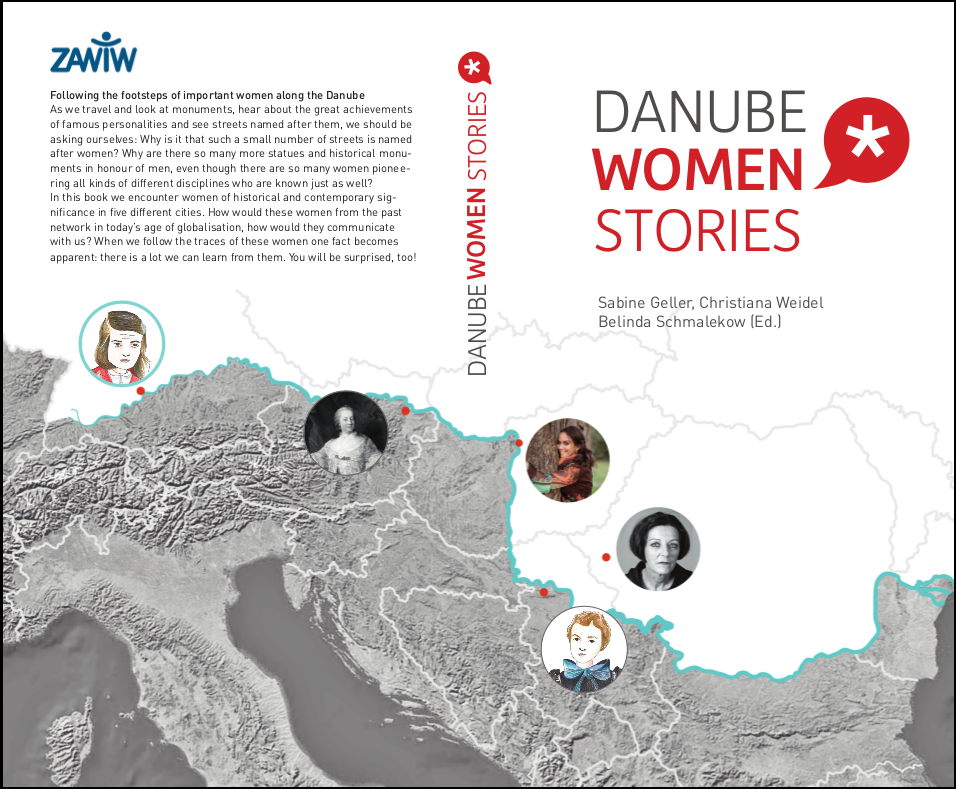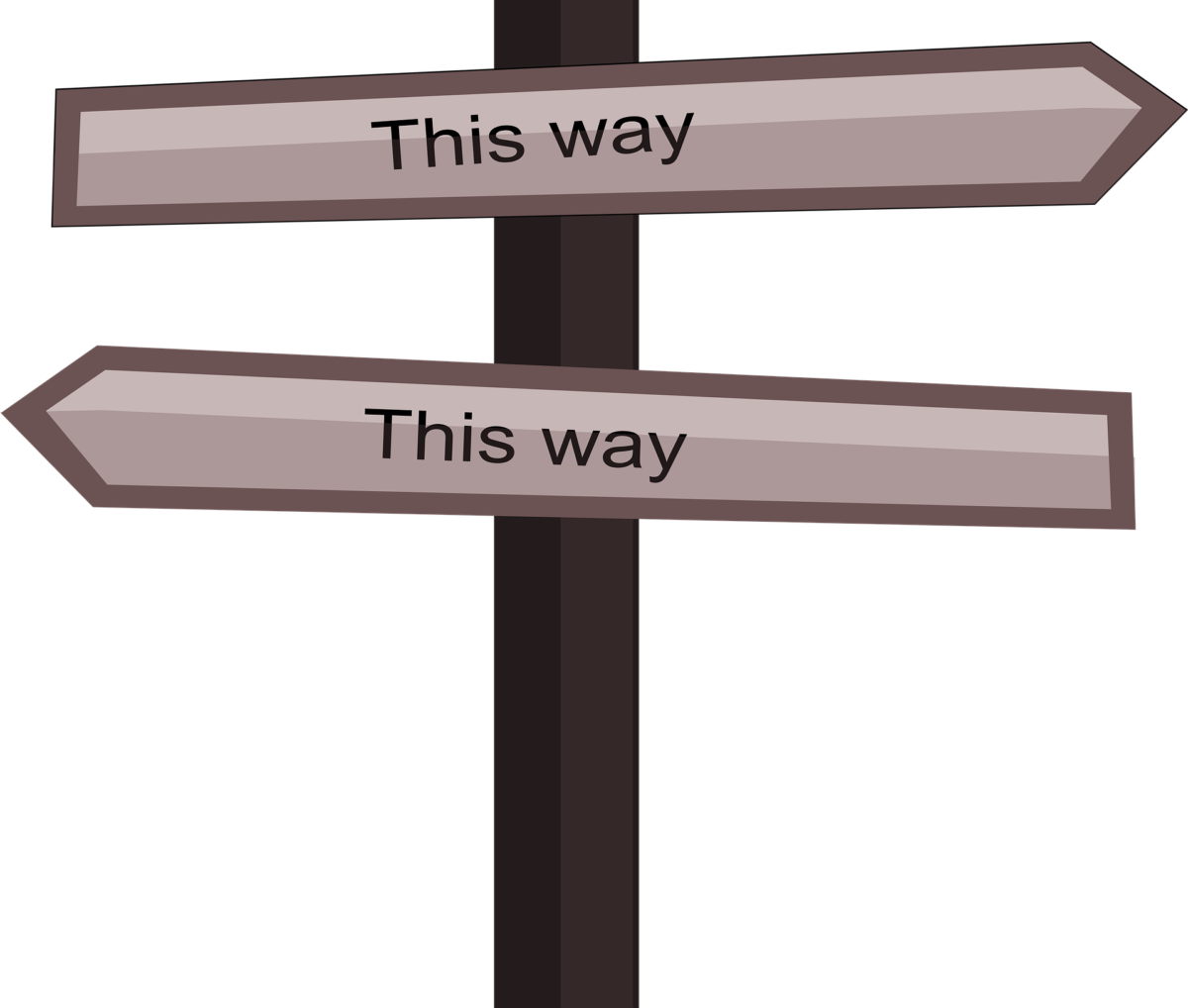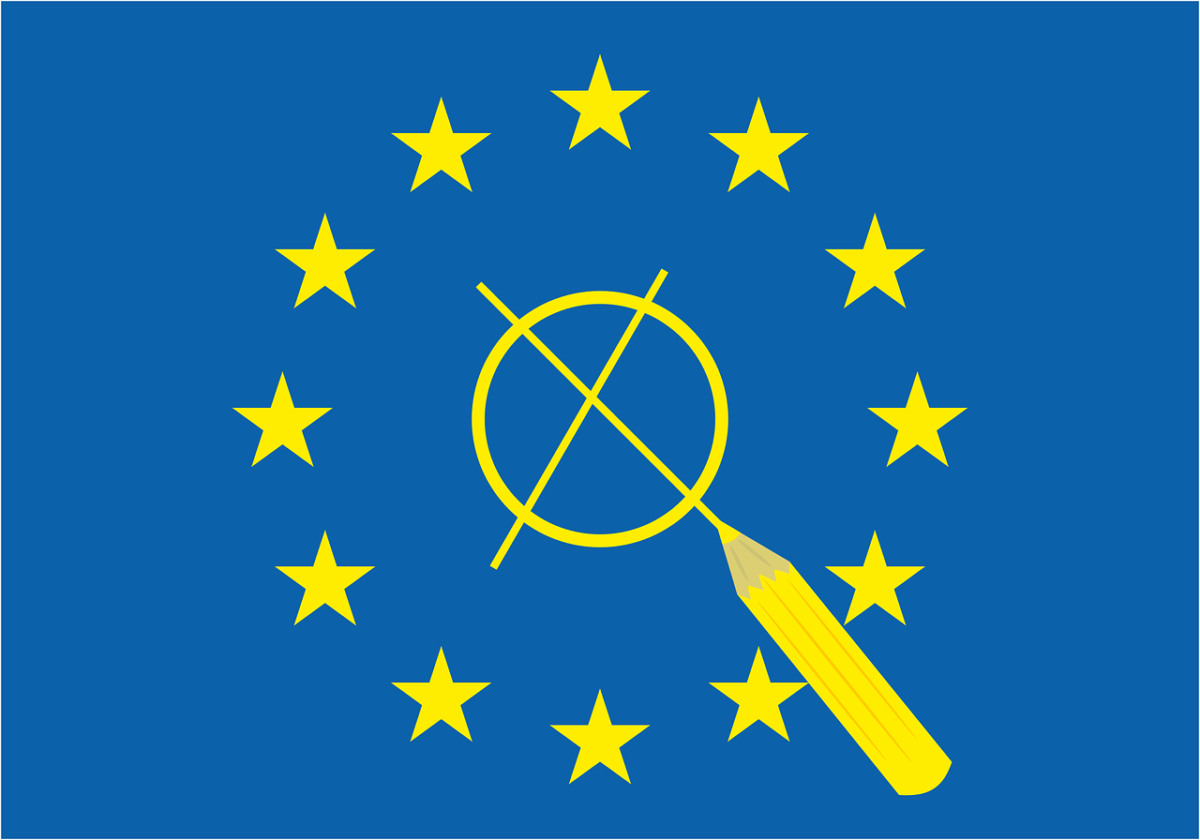Both public authorities and civil society organisations will reap the benefits of more authentic citizens’ participation Elisa Ferreira, Commissioner for Cohesion and Reforms The Partnership Principle is one of the key principles in EU Cohesion Policy. It encourages all EU member states to involve stakeholders at all stages of implementing Cohesion Policy funding. Against this […]
Support to engage citizens and civil society









